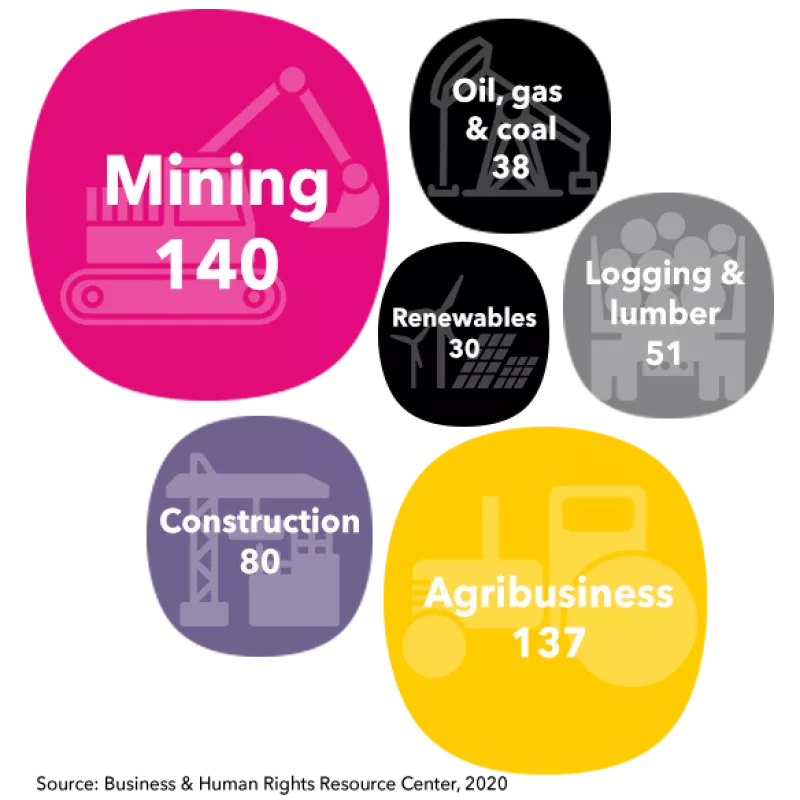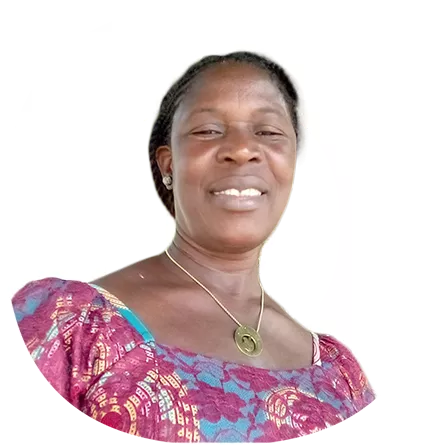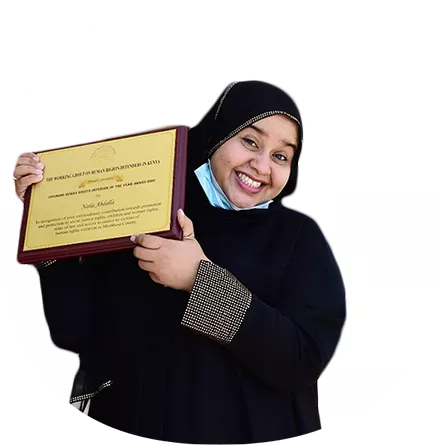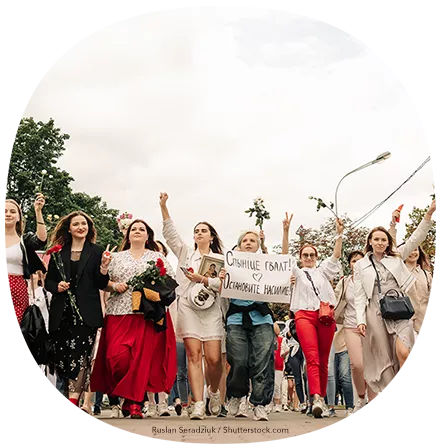Protesters light candles during a peaceful demonstration in Bogotá, Colombia. Sebastian Delgado C/Shutterstock.com
Escalation of killings
Being a human rights defender today often means risking your life. Social and environmental activists, journalists, lawyers and community leaders who are speaking up and defending human and environmental rights are being threatened, attacked and even killed around the world. In 2021, Front Line Defenders reported 358 killings of human rights defenders in 35 countries. Colombia was by far the deadliest country with 138 murdered defenders.
Number of people killed for defending their land and the environment in 2021

The role of business
Violence towards human rights defenders can increasingly also be linked to business operations. According to Business & Human Rights Resource Center, 604 attacks on human rights defenders in relation to business took place in 2020, up from 572 attacks in 2019. One-fifth of the attacks recorded were against women defenders.
Mining, agribusiness, construction, logging, extraction of oil, gas and coal as well as renewable energy are the most dangerous sectors for people defending their rights in relation to business. Land conflicts is a key factor. Local and indigenous people are being threatened and attacked when they protest against industries that deprive them of their land and means to support themselves and force them to resettle. In many cases, expansion of mining and other extractive activities takes place without consultations with nearby communities. The companies often act in compliance with the state and are covered by impunity.





